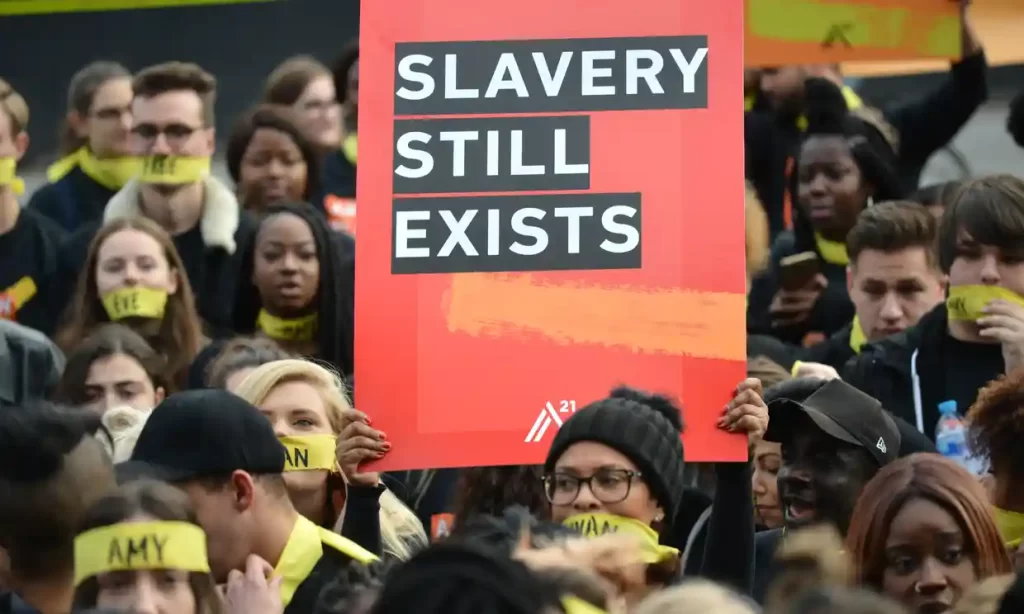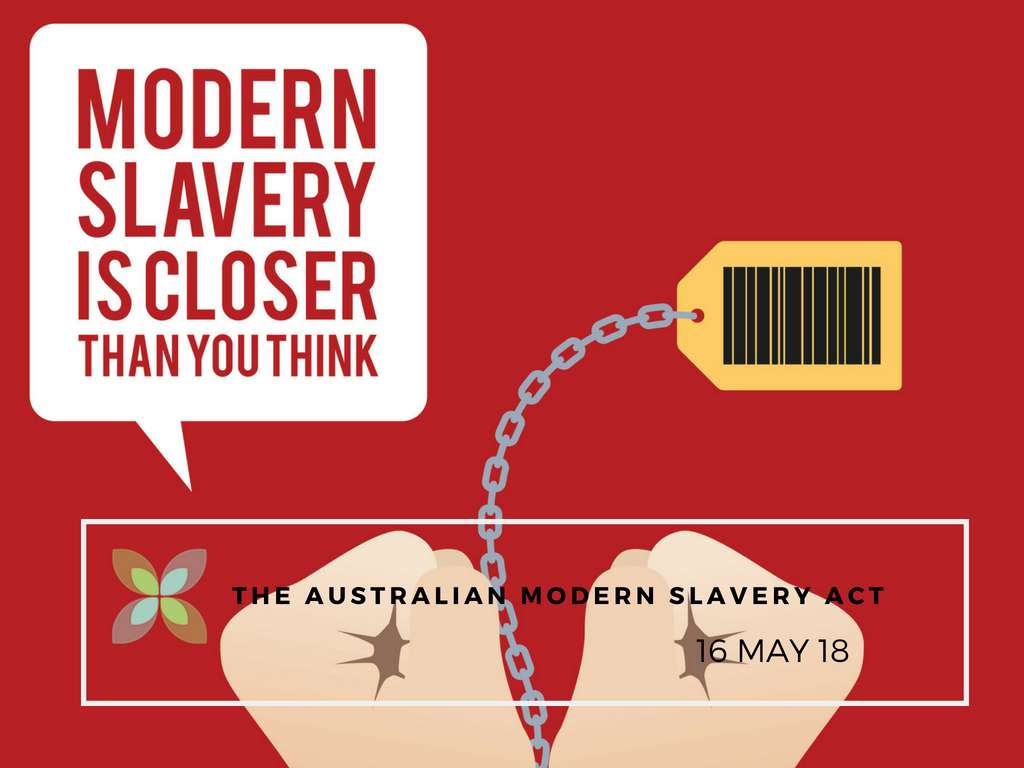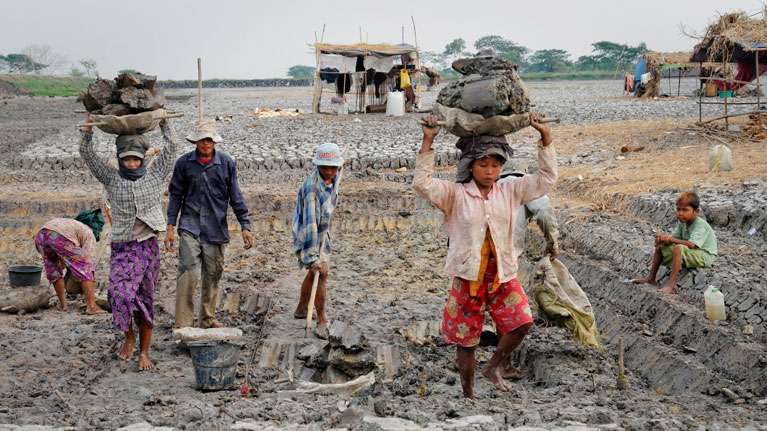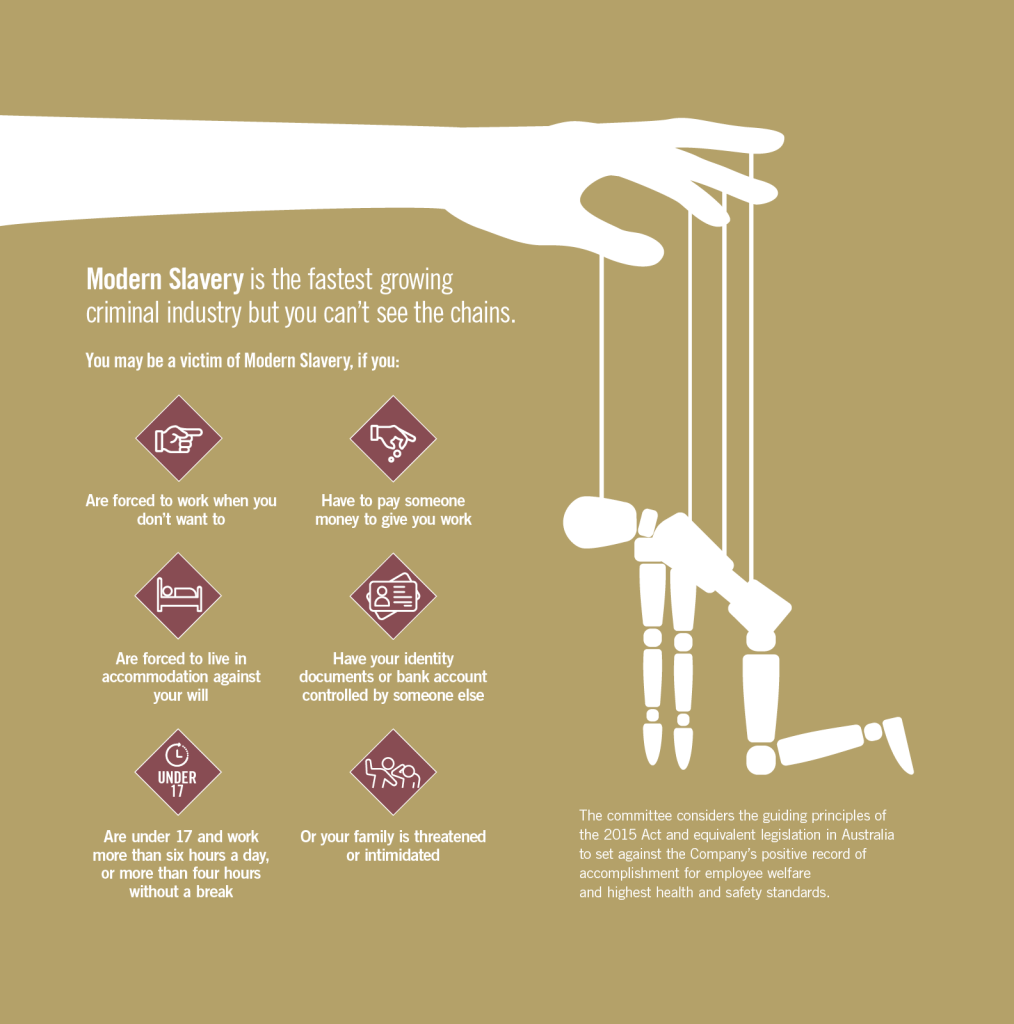You might be under the impression that slavery is a thing of the past. However, slavery in the modern world still exists all over the globe. Finland took part in the slave trade, a colonial endeavour that was seen as a profitable source of revenue at the time. There is evidence of Finnish ships and administrators taking part in different enslavement and trade endeavours (Keskinen, 2019). This topic is one that you don’t come across often as a citizen of Finland, and this is, in some aspects due to Finland not being an independent country at this point in history (as it was part of Sweden and Russia). Therefore, the Finnish, in general, do not accept the fact that they took part in slavery and colonialism at all.
This leads us to a discussion of just how complex the memory of slavery is (in a historic context). The boundaries of what constitutes slavery in the modern world and exactly who is responsible are often unclear, and the conversations tense when they happen at all. For many countries, this topic remains embarrassing and difficult to address. Many people would rather talk about forced labour than modern slavery. If we are to tackle the reality of slavery in the modern world, we will have to acknowledge that it exists and that forced labour and modern slavery are interconnected.

A Persistent Problem
Over the last five years, the number of people involved in slavery in today’s world has increased significantly. In 2021, there were 10 million more people in enslavement than in 2016. Human trafficking, forced labour, and modern day slavery are particularly prevalent among migrants, including women and children. Recent reports show that there are particular migrant groups that stand out as at a high risk of slavery. Migrants that are fleeing violence and conflict, migrants that are lacking support systems due to losing contact, and migrants working through unsupervised channels are particularly at risk. Another aspect that increases migrants’ vulnerability to exploitation is not having access to legal status or social protection within a country, so the need for ethical and compassionate migration policy is clearly evident in this context.
Defining modern Slavery
Slavery and exploitation are as old as our written history if not older. Slavery in the ancient world was commonplace and occurred in societies all across the globe. When the Europeans arrived in the ‘new world‘, the nature of slavery in the colonial context began to take shape. These changes were encapsulated by ‘encomienda’ and ‘reducciones’, a Spanish colonial system of organising slave labour that was “created to control and exploit the indigenes and their labour potential.” (Jenning, 2010, 74). This system was designed to create full control of native labour under the state, so that as much economic value could be extracted from slave labour as possible. The labour was horrific, and the racial imaginary that was created during this period should be considered central to the development and continuation of slavery in the modern world.
These changes mark the shift to what scholars call modern slavery. Slavery in the modern context is different to how slavery was done previously, and the abolishment of slavery acts unfortunately did not eradicate slavery entirely. Modern slavery is a different ideology and way of slavery. ‘Reduccione’ is an ideology that aims to crush an entire culture’s identity for maximum exploitation (Jenning, 2010).
“There are hundreds of definitions of modern slavery. All of these include aspects of control, involuntary actions and exploitation… Modern slavery is all around us, often hidden in plain sight. People can become enslaved making our clothes, serving our food, picking our crops, working in factories, or working in houses as cooks, cleaners or nannies.”.
Antislavery.org

Taking Action
It was only as recently as 2018 that Australia passed its own Modern Slavery Act. The main statement in the act emphasises the need to report any incidents of what could be considered modern slavery. Because so much of the slavery that exists in the modern world takes place due to shady and unclear working and employment conditions, these matters are worth discussing in the context of the UN SDGs regarding education and decent work (SDG4 & SDG8), and not just in terms of human rights violations etc. We might choose to continue to be unaware of the slavery taking place in the countries we live in, but nonetheless slavery still exists in these places.
How Does Slavery in the Modern World Occur?
Forced labour is a form of modern slavery where people are compelled to work against their will, under threat of violence or other penalties. It violates basic human rights and is illegal in most countries. Most cases of forced labour occur in the private sector (86 per cent). Companies have a responsibility to ensure that their supply chains are free from forced labour, and consumers can play a role in promoting sustainable business practices by supporting companies that have strong ethical standards. Forced labour can often involve sexual exploitation, where individuals are made to perform sexual acts against their will. This is a form of human trafficking, which is a serious crime, and a gross violation of human rights.
The connection between forced labour and sexual exploitation highlights the need for a comprehensive approach to addressing forced labour. That includes measures to prevent trafficking, protect victims, and prosecute those who exploit workers. The majority of forced commercial sexual exploitation victims are women or girls. There are approximately 3.3 million children who are forced to work in forced labour. Commercial sexual exploitation accounts for more than half of these cases.
where Is Slavery most prevalent?
Slavery in the modern day, including forced labour, is a global issue affecting people in all regions of the world. However, it is most prevalent in developing countries, particularly in Asia and Africa, where poverty, lack of education, and limited job opportunities can make people vulnerable to exploitation. There are high levels of forced labour in industries such as agriculture, fishing, domestic work, construction, and manufacturing. This is also particularly true in developing countries. This is due to factors such as low pay, long working hours, and poor working conditions.

Developed countries such as the US, Canada, Australia, and the UK receive organs from most of the world’s developing countries, including India, China, the Philippines, and Pakistan. Organ transplants tend to be carried out more in wealthy countries due to their better economic conditions and technological capabilities.
Global Slavery Index
Forced labour is more prevalent among migrant workers, as discussed earlier. There is a significantly higher risk of forced labour for migrant workers than for non-migrant workers. As a result of poorly regulated migration, or unfair and unethical recruitment practices, migrants are particularly vulnerable to forced labour and trafficking. This is despite the fact that in general, labour migration has a largely positive effect on individuals, households, communities, and societies.
Media Mania
Occasionally, particularly shocking or obvious examples of modern slavery become massive media stories around the globe. Modern slavery in gulf countries continues to draw international attention. Gulf countries cheat tourists by bringing them in on tourist visas without providing work permits, clean accommodations, and food. Employers in these countries then use people for household purposes with extended work hours in ways that dehumanise those people. One prominent example, and a big media story late last year, is the prevalence of forced and slave labour involvement with the FIFA World Cup in Qatar. The story, which was widely circulated internationally, revealed the extent to which forced and slave labour was used to build the new infrastructure for the event.
Not being able to travel because of a passport being with the exploiter.

Solutions
What are some solutions worth considering when it comes to ending the obviously heinous and inexcusable enslavement of human beings in the modern era? Here are some strong actions we can take globally.
- Governments should take responsibility by providing education, awareness, and local job opportunities to stop the brain drain.
- Monitor migration consultancies.
- Make education for overseas jobs mandatory.
- Punish and prosecute companies who do not follow laws designed to curb modern slavery.
6. Improve and enforce laws and labour inspections;
7. End state-imposed forced labour
8. Implement stronger measures to combat forced labour and trafficking in business and supply chains;
9. Extend social protection to migrants,
10. Strengthen legal protections, including raising the legal age of marriage to 18 without exception.
11. Address the increased risk of trafficking and forced labour for migrant workers by promoting fair and ethical recruitment, and greater support for women, girls and vulnerable individuals.
Moving forward
Ultimately, modern slavery is an issue that affects millions of people around the world. It remains under-discussed and often ignored despite its prevalence. There is a high level of exploitation in certain industries, such as agriculture, fishing, and construction, most of which occurs in the private sector. Immigrants are especially vulnerable to modern slavery, as well as women, and children.
To combat this issue, it is imperative for companies to ensure ethical supply chains, for consumers to support sustainable business practices, and for governments to take comprehensive measures to prevent trafficking, protect victims, and prosecute exploiters. We should incorporate efforts to address modern slavery into discussions surrounding education and decent work. While the problem of modern slavery may seem overwhelming, it is crucial to raise awareness and take action to eradicate it.
A THRIVABLE Framework
At its core, sustainability simply means the ability to continue, to survive. ‘Thrivability‘, by contrast, is the next step, beyond sustainability. THRIVE believes that humanity can do better with the knowledge currently available to us. We want to instil the idea that sustainable solutions not only prevent disaster, but offer the potential for societies to flourish.
The THRIVE Framework examines issues and evaluates potential solutions in relation to this overarching goal of thrivability. It is about making predictive analyses using modern technology that supports environmental and social sustainability transformations.
THRIVE publishes about issues fundamental to the integrity of our society. Apart from sustainability, this also means examining issues central to creating an equitable society that everyone can benefit from. To learn more about how The THRIVE Project is researching, educating and advocating for a future beyond sustainability, visit our website. You can follow our informative blog and podcast series and learn about our regular live webinars featuring expert guests in the field. Sign up for our newsletter for regular updates.